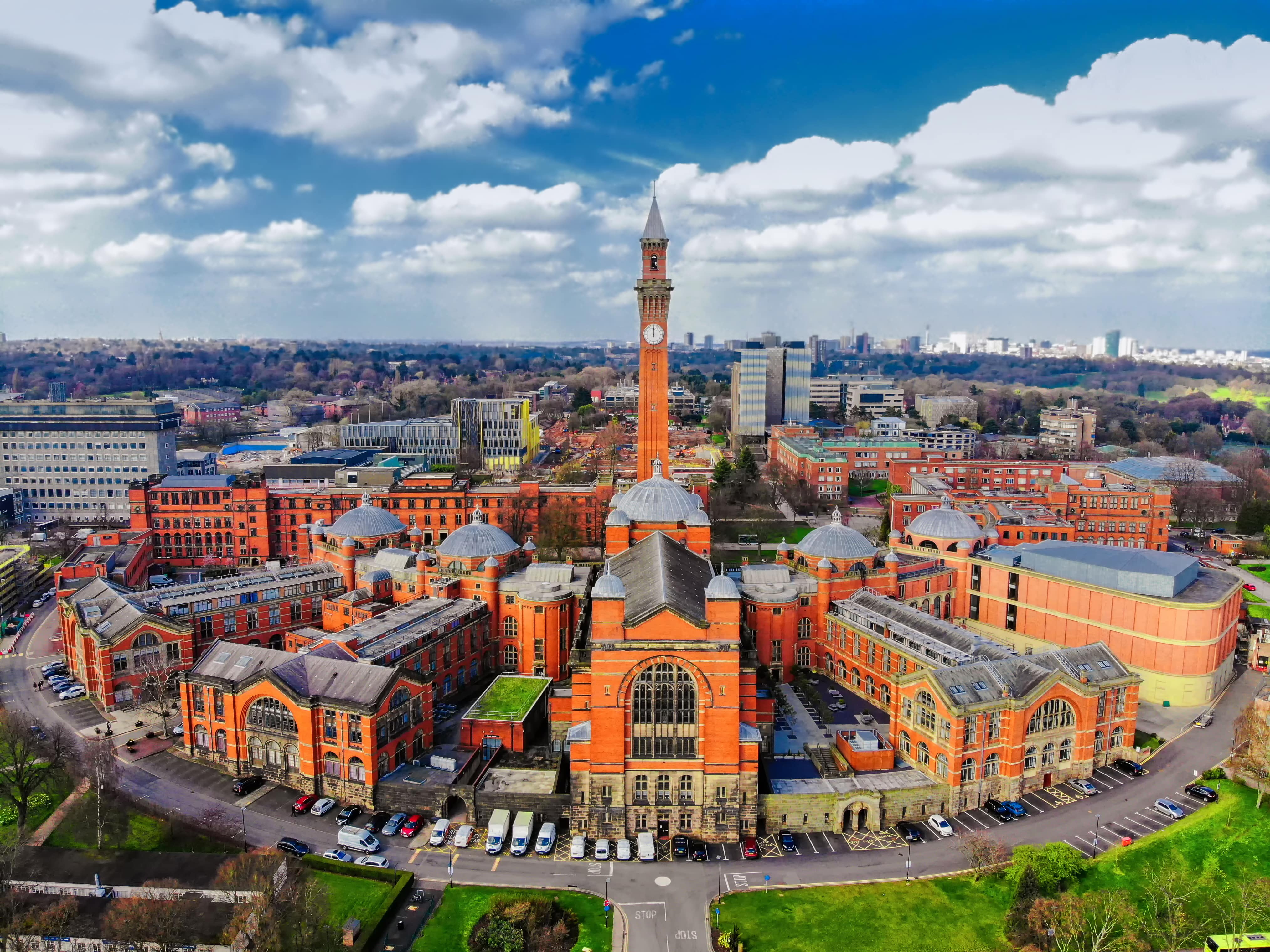From Resumes to Interviews: The Role of AI in Modern Recruitment
The recruitment landscape has dramatically evolved over the years. From paper resumes and pen-and-paper interviews, we've navigated through countless changes. Today, artificial intelligence (AI) is playing a significant role in this evolution. Its influence is felt across various sectors, including recruitment.
This blog explores AI's emerging role in recruitment. Understanding AI's impact is crucial for both employers and job seekers. Let's delve into the changes it brings.
The Evolution of Recruitment Processes
Not long ago, traditional recruitment was the norm. Recruiters manually sorted through stacks of resumes. Face-to-face interviews were essential. Reference checks added another layer to the process.
But these methods had their downsides:
- Time-intensive processes.
- High susceptibility to human bias.
- A limited geographical reach.
Digital advancements brought about online job portals and digital applications. The integration of basic algorithms marked the initial phase of digital recruitment. It's this shift towards digitalisation that paved the way for AI.
AI-Powered Resume Screening
AI algorithms are now central to resume screening. They parse and analyse resumes swiftly and efficiently.
The benefits are numerous:
- Enhanced speed in screening resumes.
- Reduced human error.
- Lowered chances of unconscious bias.
AI identifies key skills, experiences, and qualifications that align with job descriptions. However, it isn't without challenges. There's always a risk of overlooking unconventional talent — those who don't exactly fit the algorithm's mould.
AI in Candidate Sourcing
AI extends its reach into candidate sourcing. Its capabilities in analysing social media and professional networks are profound.
AI tools can:
- Predict candidate success through data analytics.
- Expand the talent pool beyond traditional avenues.
Yet, ethical considerations remain. Concerns about privacy in AI-driven candidate sourcing need addressing.
AI-Driven Interview Processes
The interview phase has also seen an AI revolution. AI-powered platforms and virtual interview bots have emerged.
AI aids in:
- Assessing both verbal and non-verbal cues.
- Providing consistent and unbiased interview experiences.
Some tools even offer real-time feedback to interviewers. But AI's limitations are evident. Understanding intricate human emotions and cultural nuances is still challenging.
Enhancing Candidate Experience with AI
AI adds a layer of personalisation to the recruitment process. Candidates receive tailored job recommendations.
Chatbots are another valuable AI tool. They're adept at answering queries and updating candidates on their application status. This creates a more interactive recruitment experience.
But there's a caveat: over-reliance on AI can lead to reduced human interaction. A balance is crucial.
AI in Decision-Making and Onboarding
AI plays a pivotal role in decision-making. It ensures data-driven hiring, minimising subjective biases.
AI even influences onboarding processes. It can offer personalised training modules and resources. This results in a reduced time-to-hire and improved recruitment efficiency.
Yet, the prospect of AI making final hiring decisions without human oversight raises concerns. A blend of AI insights with human intuition is essential.
Future Trends in AI and Recruitment
The future of AI in recruitment looks promising. Emerging technologies hint at transformative changes.
Key trends include:
- Machine learning enhancements.
- Growth in predictive analytics.
However, achieving a balance between AI and human input remains crucial. As AI continues to evolve, so must recruiters. Continuous learning and adaptation is the way forward.
Conclusion
AI has undeniably reshaped modern recruitment. Its transformative impact is significant. But, adopting a balanced approach is essential. Combining AI with human intuition and empathy ensures the best outcomes. As we look to the future of recruitment, the ongoing evolution of AI technologies will undoubtedly play a vital role. Adapting to these changes will help both employers and job seekers navigate the dynamic recruitment landscape.
For more advice on how you could incorporate the use of AI into your recruitment or hiring process then contactus@vettedrecruitment.co.uk

